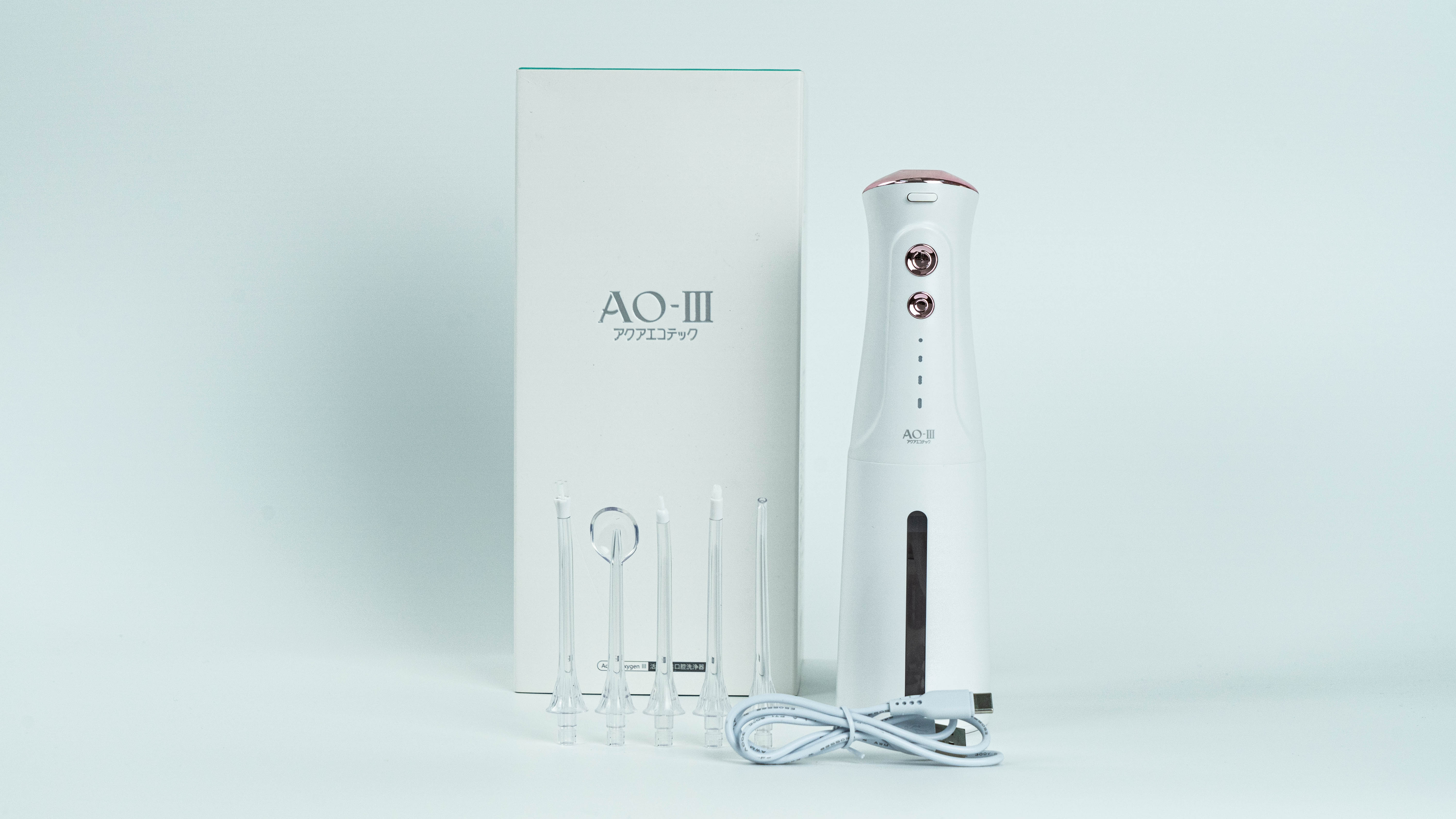Email format error
Email cannot be empty
Email already exists
6-20 characters(letters plus numbers only)
The password is inconsistent
Email format error
Email cannot be empty
Email does not exist
6-20 characters(letters plus numbers only)
The password is inconsistent


Ozone Water Flossers: Addressing Common Concerns and FAQs for Confident Oral Care
Ozone Water Flossers have gained popularity as an effective and convenient alternative to traditional flossing methods. However, it's common for individuals to have questions and concerns before incorporating a new oral care device into their routine. In this blog post, we will address some of the frequently asked questions and common concerns regarding Ozone Water Flossers. By providing clear and informative answers, we aim to help users make informed decisions about incorporating this innovative device into their oral care routine, ensuring confident and effective oral care.
1. Water Temperature Sensitivity:
Some individuals may wonder if using an Ozone Water Flosser with cold or warm water can cause sensitivity. The good news is that our Ozone Water Flossers allow you to adjust the water temperature to your preference. However, it's generally recommended to use lukewarm water to maintain a comfortable experience. Lukewarm water can help prevent any potential sensitivity caused by extreme temperatures while still providing effective cleaning.
2. Maintenance and Cleaning:
Proper maintenance and cleaning are crucial for the longevity and optimal performance of your Ozone Water Flosser. Most devices come with user-friendly instructions for cleaning and maintenance. Typically, it involves regularly emptying and rinsing the water reservoir, removing and cleaning the nozzle, and occasionally descaling the device to prevent mineral buildup. Following the manufacturer's guidelines ensures that your Ozone Water Flosser remains hygienic and functions optimally.
3. Compatibility with Dental Work:
Individuals with dental work, such as braces, implants, or bridges, may wonder if Ozone Water Flossers are suitable for their specific needs. The good news is that Ozone Water Flossers are generally compatible with dental work. In fact, they can be particularly beneficial for individuals with orthodontic appliances as they can effectively clean around brackets and wires. It's essential to choose an appropriate nozzle or tip that allows for easy access and gentle cleaning around dental work.
4. Safety Considerations:
Safety is a common concern when using any new oral care device. Ozone Water Flossers are generally safe when used as directed. However, it's important to adhere to the recommended guidelines and precautions provided by the manufacturer. Avoid directing the water stream at sensitive areas or using excessive pressure, as it can cause discomfort or potential damage. If you have any specific oral health conditions or concerns, it's always advisable to consult with your dentist before incorporating a new device into your routine.
5. Incorporating Ozone Water Flosser into Your Oral Care Routine:
To effectively incorporate an Ozone Water Flosser into your oral care routine, consider the following tips:
- Start with a lower pressure setting and gradually increase as you become more comfortable.
- Direct the water stream at a 90-degree angle to your gumline for optimal cleaning.
- Move the nozzle along your gumline, pausing briefly between each tooth.
- Use the Ozone Water Flosser at least once a day, preferably after brushing your teeth.
- Follow up with mouthwash or rinse your mouth with water to remove any residual debris.
Conclusion:
By addressing common concerns and providing informative answers to frequently asked questions, we hope to alleviate any hesitations and help users make informed decisions about incorporating an Ozone Water Flosser into their oral care routine. Ozone Water Flossers offer convenience, effectiveness, and a thorough clean, making them an excellent addition to any oral hygiene regimen. With proper usage and maintenance, you can enjoy confident and effective oral care while reaping the benefits of this innovative device.


